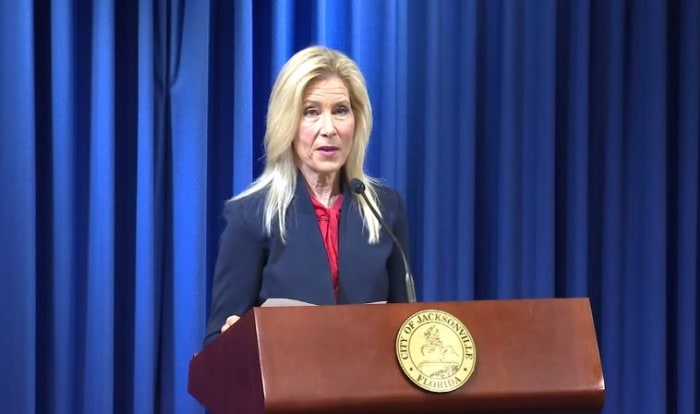The debate over the safety of decaffeinated coffee continues, with health advocacy groups urging the FDA to ban methylene chloride, a chemical used in the decaffeination process of coffee. This chemical is also used in paint stripping, metal cleaning, and degreasing. Experts have classified methylene chloride as a carcinogen, raising concerns about its potential impact on consumer health.
The FDA is currently reviewing the petitions to ban methylene chloride, but it has set residue limits to limit consumer exposure to this chemical. However, not all coffee brands use methylene chloride in their decaffeination process, so it is recommended for consumers to research the brand they consume to ensure it is not using this chemical.
California has introduced a bill to ban the use of methylene chloride in decaffeinated coffee production. As consumers prioritize their health and well-being, it is crucial for them to make informed choices about the products they choose to consume. The potential health risks associated with methylene chloride highlight the importance of transparency in the food and beverage industry.
It is essential for consumers to be cautious and informed about the products they consume as they continue to debate the safety of decaffeinated coffee.


